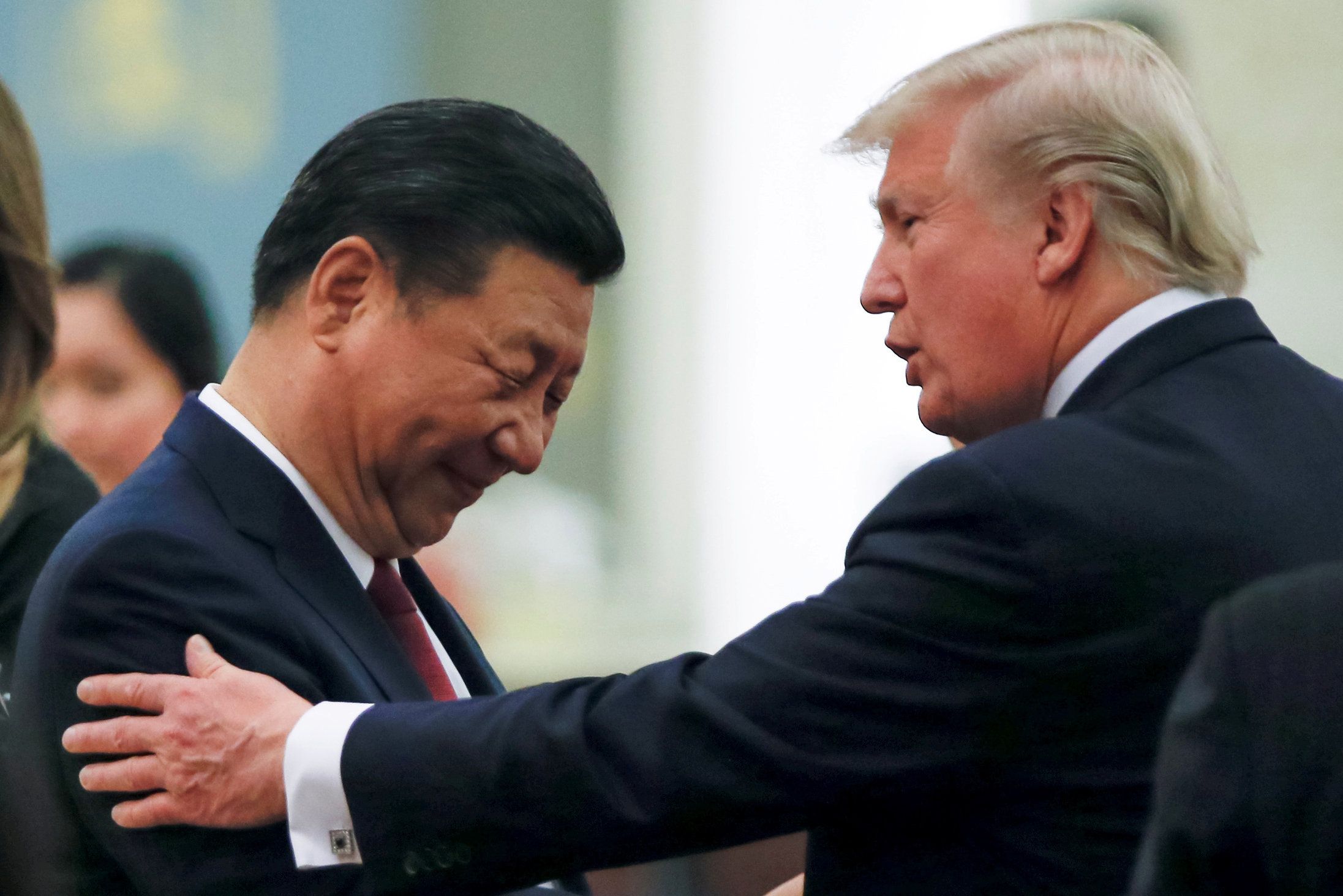June 28, 2019
What's the G20? Thirty years ago, the G7 group of industrialized nations — the United States, Japan, Britain, France, Germany, Italy, and Canada — accounted for almost 70% of the global economy, giving them hefty international influence. But by 2008, that number had fallen to just over 50%, and when the global financial crisis hit, it was clear that big new players like China, India, and others had to be included in talks over how to avert disaster.
Enter the G20, which includes the G7 plus China, India, Brazil, Indonesia, Saudi Arabia, Turkey, Argentina, Australia, South Korea, South Africa, Russia, Mexico, and a representative of the European Union. This group now accounts for 80% of global GDP and two-thirds of the world's population.
What's the G20 good for? The G20 produced a unified response to the financial crisis, but only because it threatened all of these countries at the same time. Since then, the group hasn't accomplished much of anything that demands compromise and shared sacrifice. It's hard to get 20 negotiators to agree on anything, but particularly when key players like China, Russia, and Saudi Arabia don't have the same political or economic values as the US, the Europeans, and Japan.
So does this summit matter? Yes. Even if the full G20 summit meetingaccomplishes little else, the broader event will serve one very important purpose: it will give world leaders a chance to meet on the sidelines to talk through important questions in less formal settings. Not surprisingly, there are lots of people who want face-time with President Donald Trump.
The main event: The most anticipated moment of the Osaka summit is the expected Saturday meeting between Trump and China's President Xi Jinping. The US-China trade war continues, and finance officials and economistswarnthat it's beginning to undermine the entire global economy.
US Treasury Secretary Steve Mnuchin said this week that the two sides are 90% of the way to a deal, but China reportedly has a list of specific demands — including the lifting of US sanctions on Chinese tech giant Huawei — that they want met before anybody signs anything. Trump hasn't yet indicated how he feels about that.
In short, the world is watching and hoping for a trade war truce, if not a deal to end it altogether. We'll find out over the weekend whether things are moving in that direction.
The under card: That's not Trump's only noteworthy meeting. Click here for the full undercard of Trump meetings: Putin, Modi, Merkel, Erdogan, and breakfast with the Saudi Crown Prince!
Bottom line: You can ignore the choreographed group photos and empty joint statements, but the private meetings behind closed doors are genuinely important. That alone makes the G20 worth watching.
More For You
- YouTube
Gotta maximize sleigh-holder value. #PUPPETREGIME
Most Popular
- YouTube
On Ask Ian, Ian Bremmer breaks down the steady escalation of US pressure on Venezuela and why direct military action is now a real possibility.
US President Donald Trump arrives to announce reciprocal tariffs against US trading partners in the Rose Garden of the White House in Washington, DC, USA, on April 2, 2025.
POOL via CNP/INSTARimages.com
From civil conflicts to trade wars to the rise of new technologies, GZERO runs through the stories that have shaped this year in geopolitics.
Ukrainian serviceman walks near apartment buildings damaged by Russian military strike, amid Russia's attack on Ukraine, in the frontline town of Kostiantynivka in Donetsk region, Ukraine December 20, 2025.
Oleg Petrasiuk/Press Service of the 24th King Danylo Separate Mechanized Brigade of the Ukrainian Armed Forces/Handout via REUTERS
Ukrainian intelligence services assassinated a senior Russian general on the streets of Moscow on Monday, detonating a bomb strapped to his car.
© 2025 GZERO Media. All Rights Reserved | A Eurasia Group media company.
